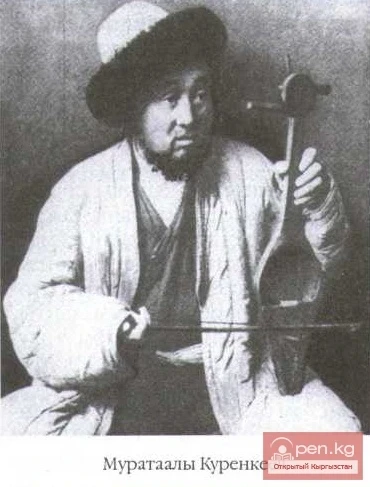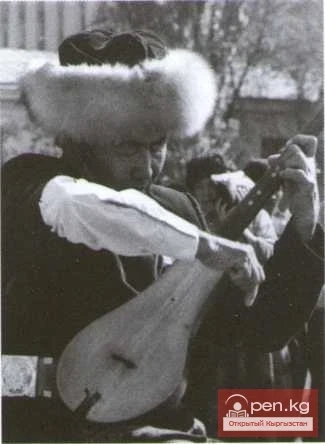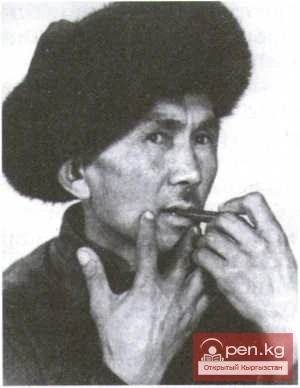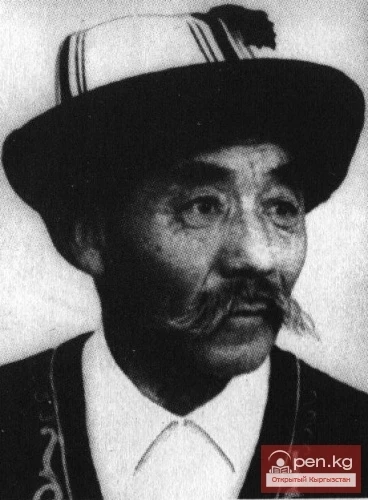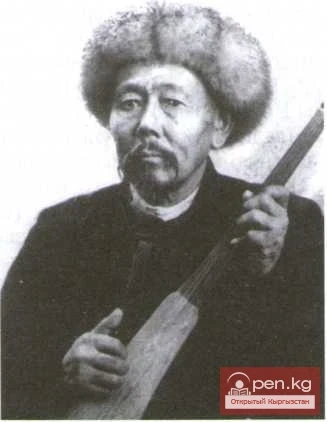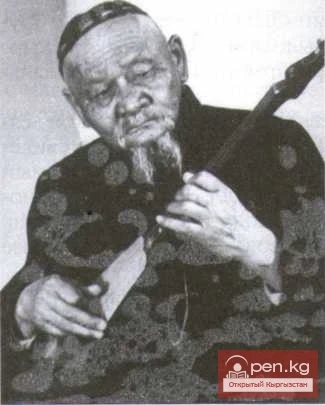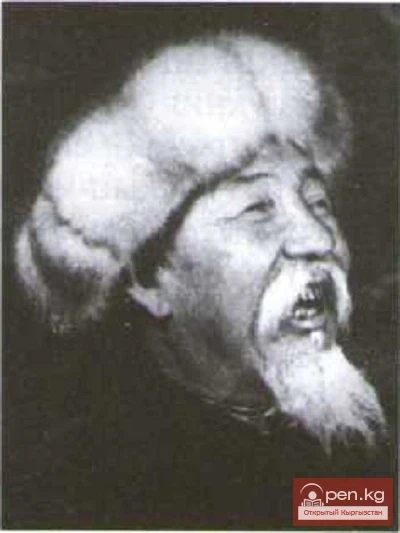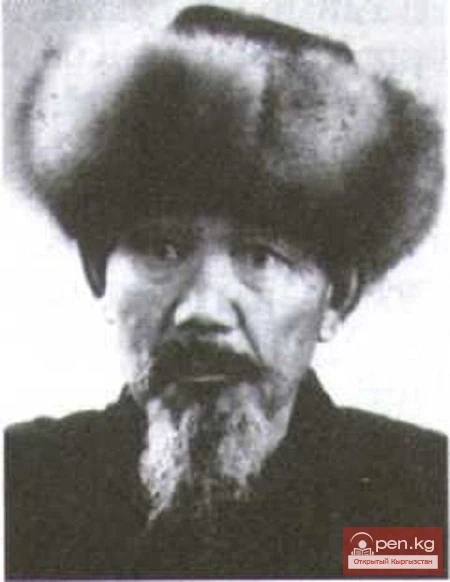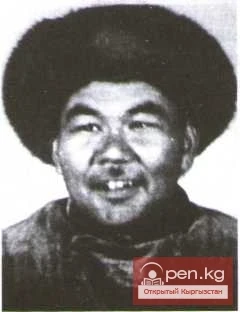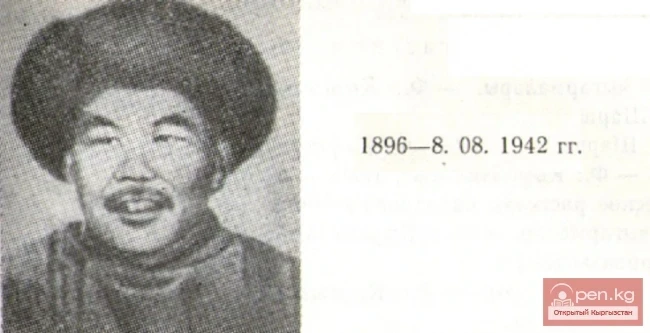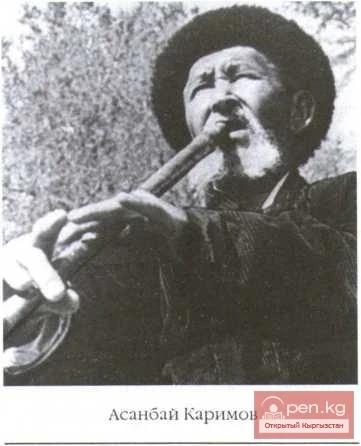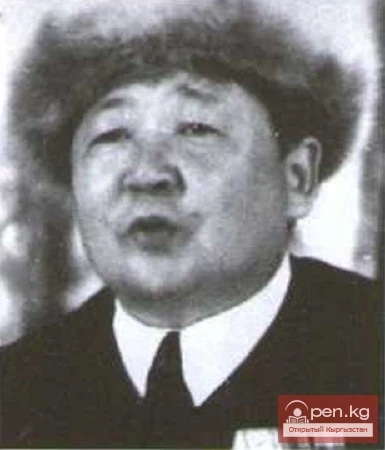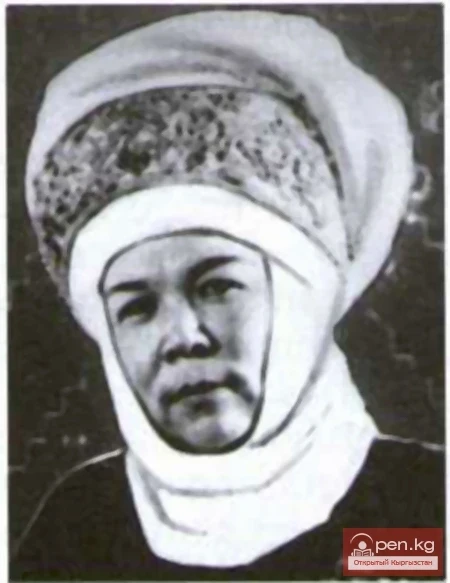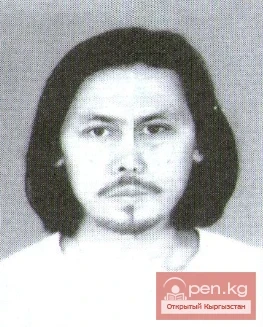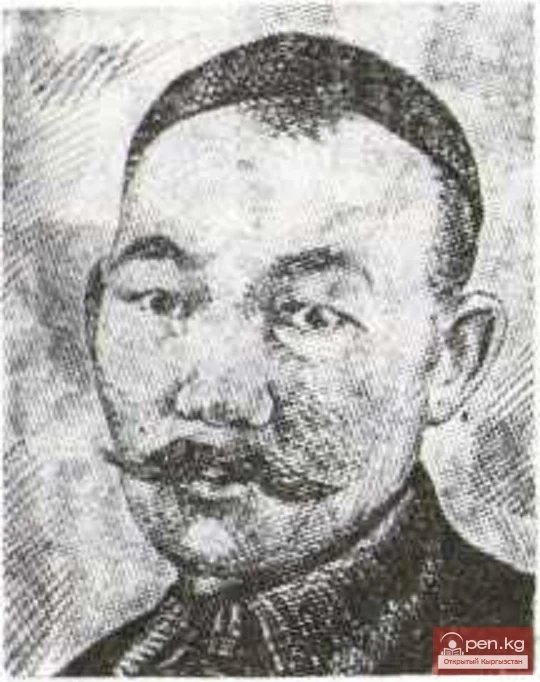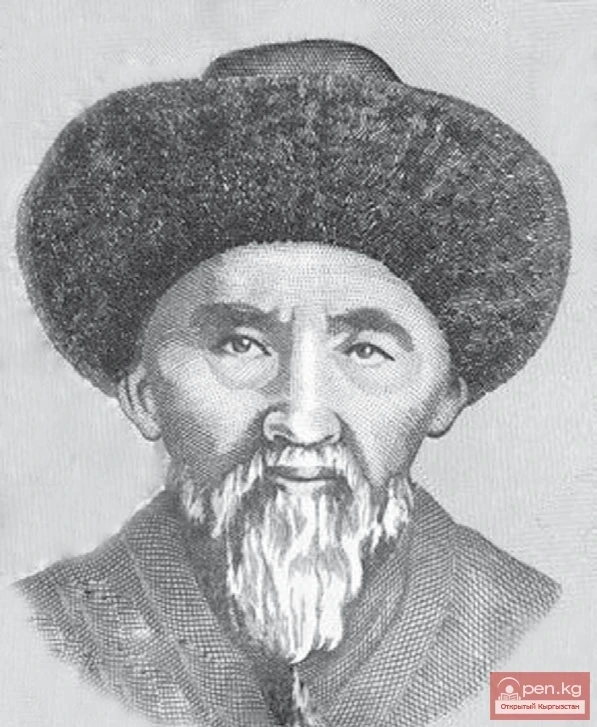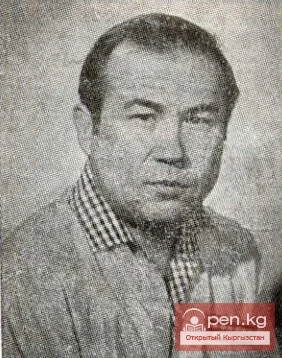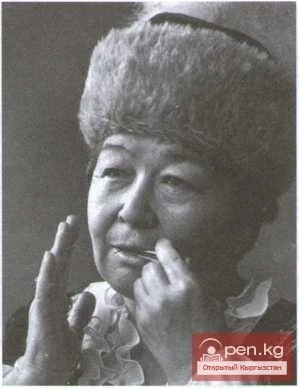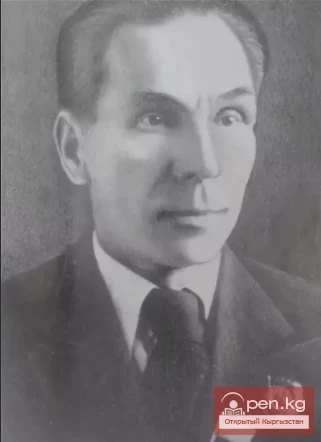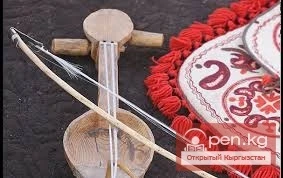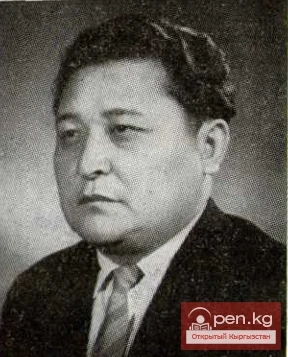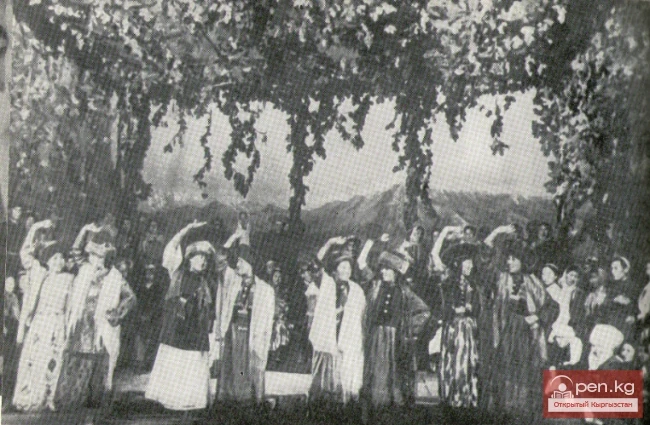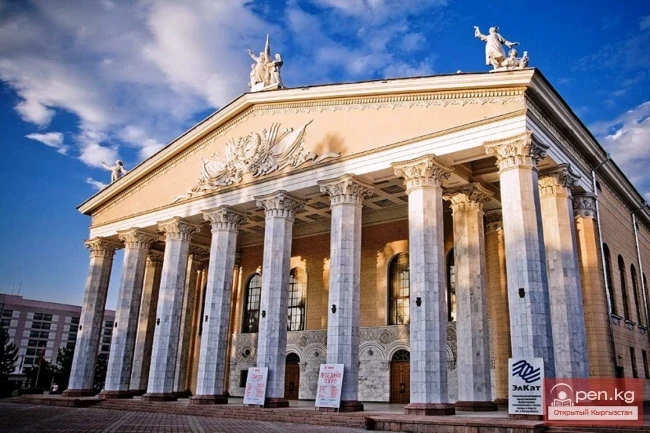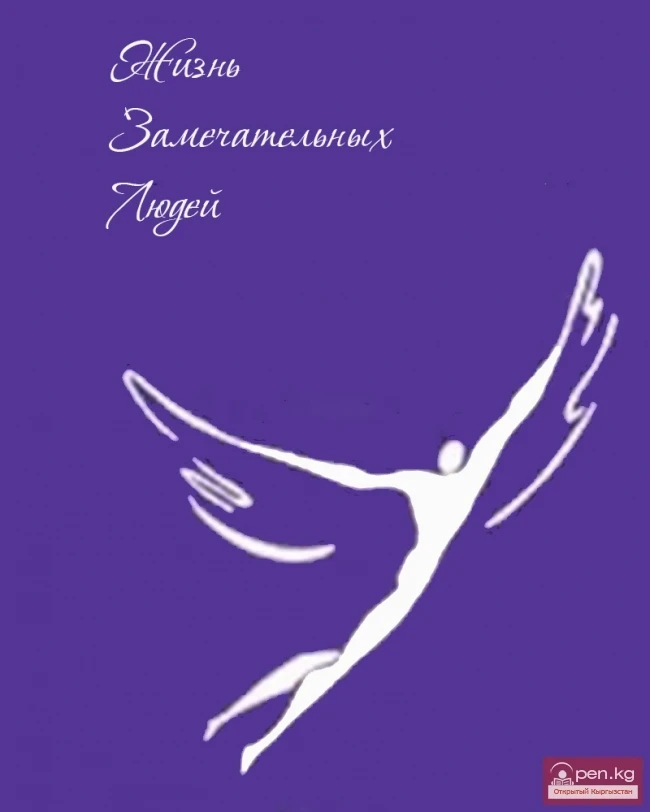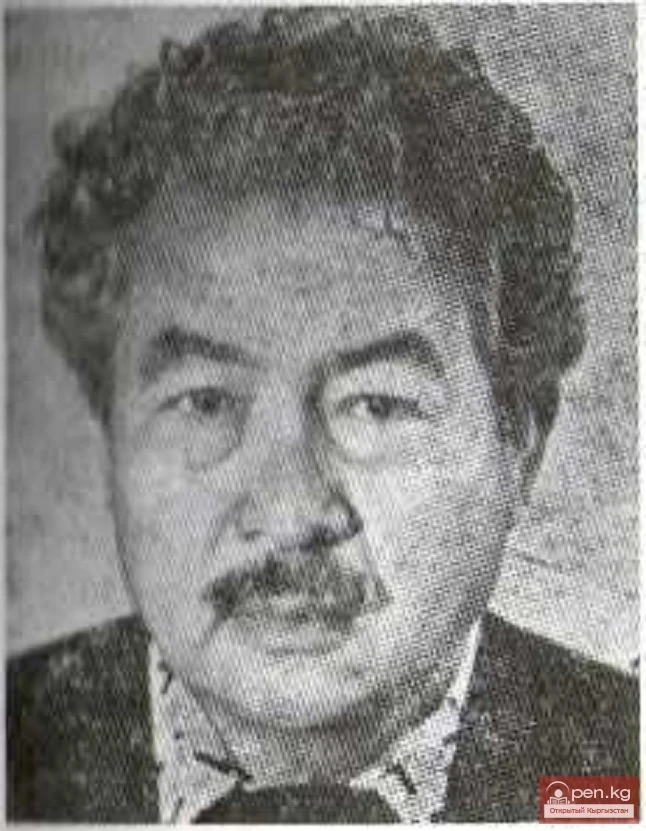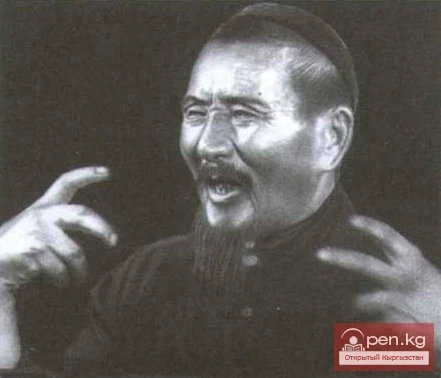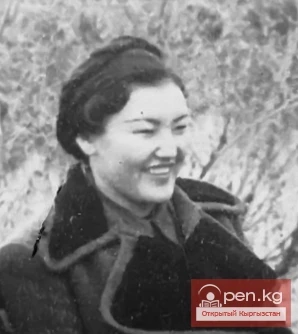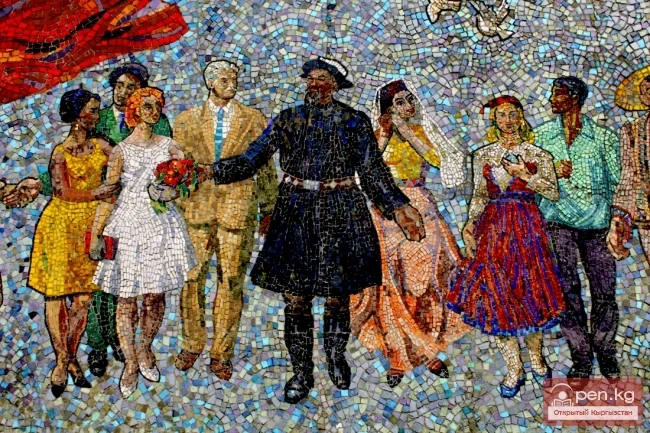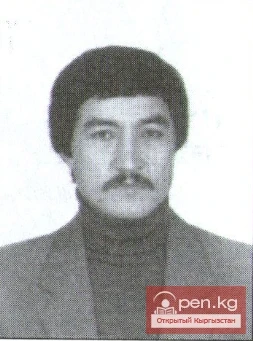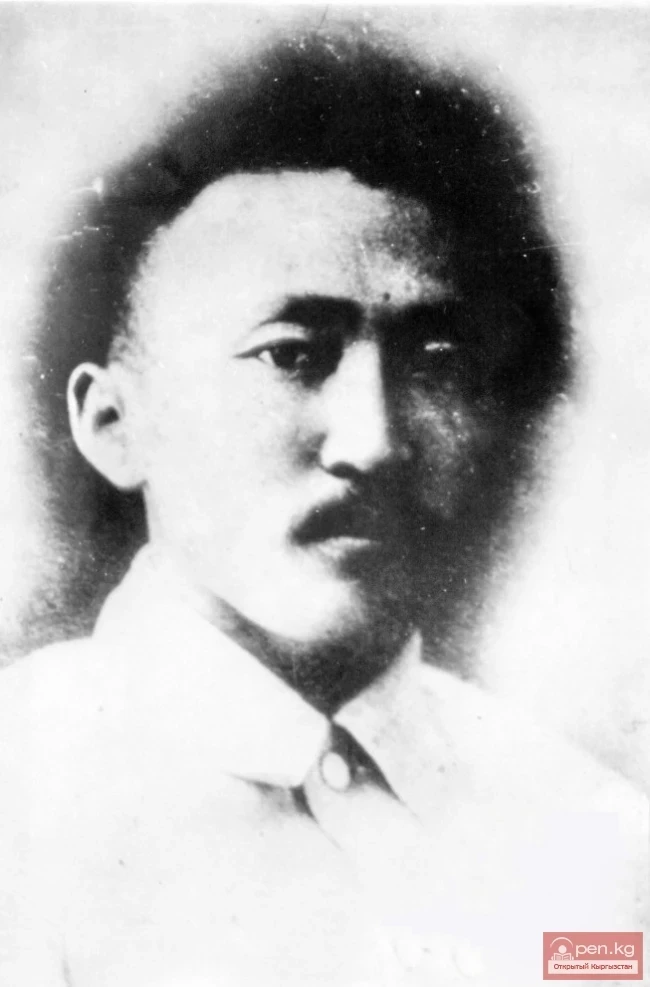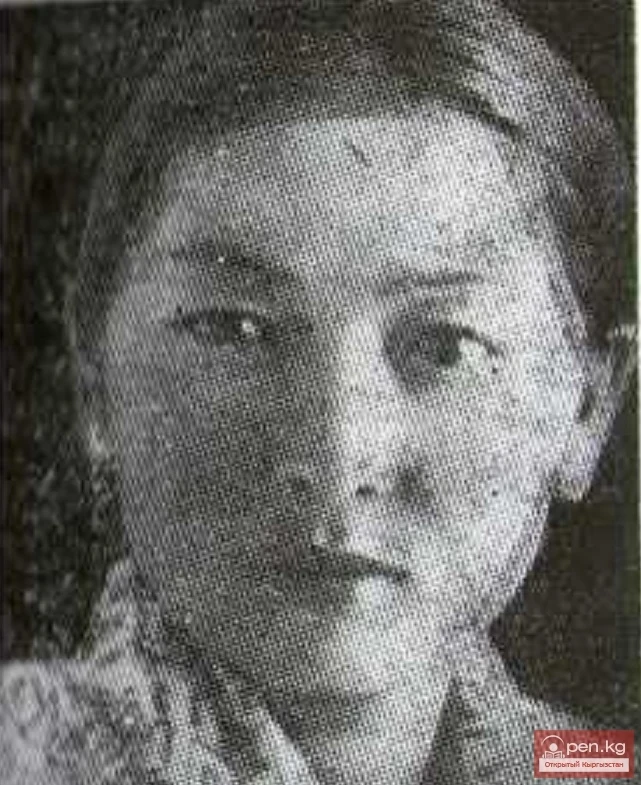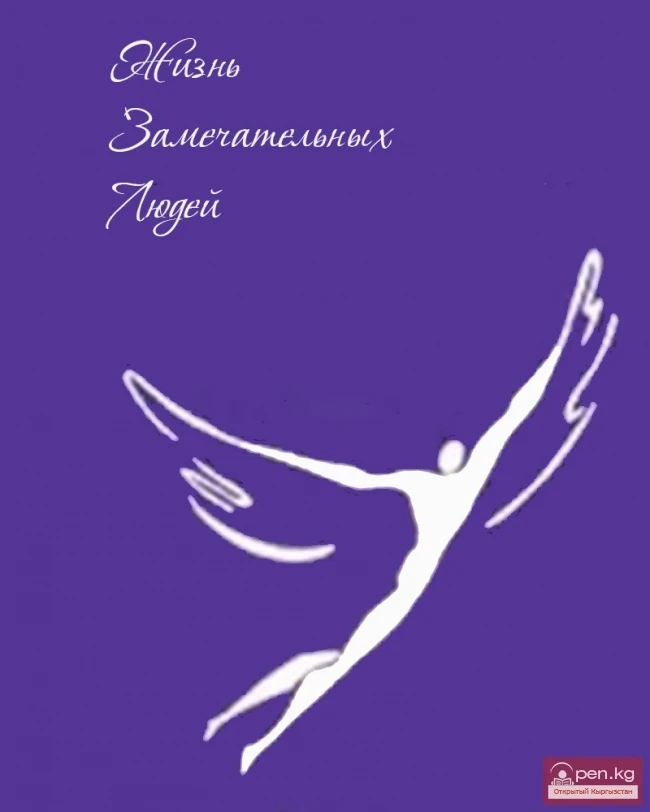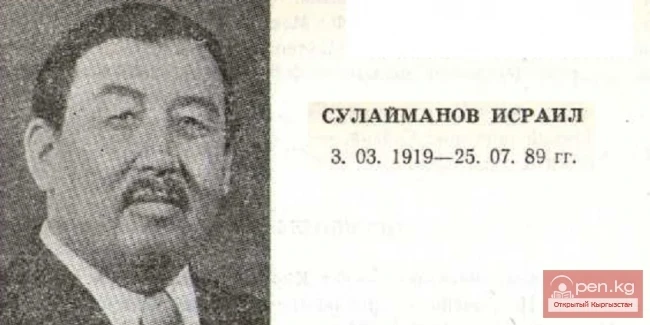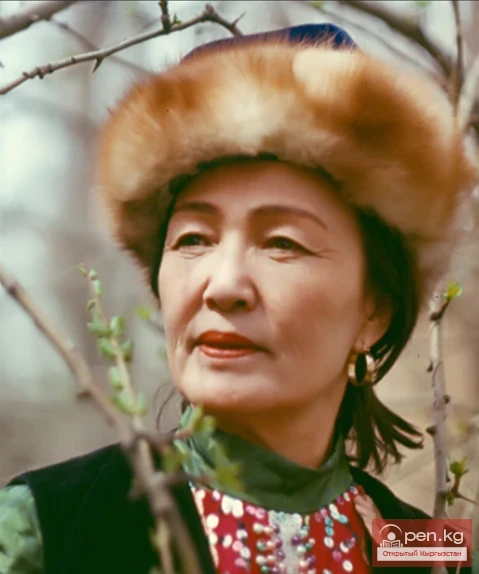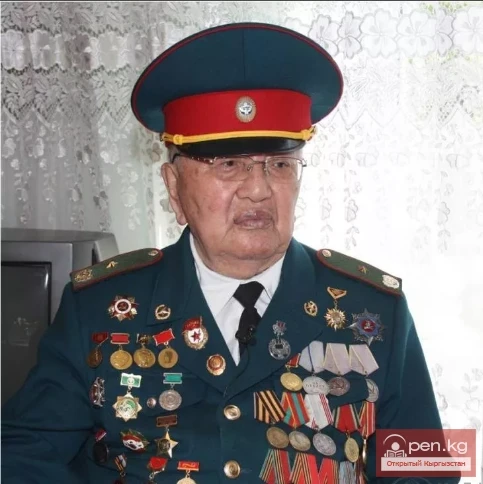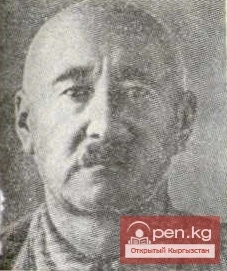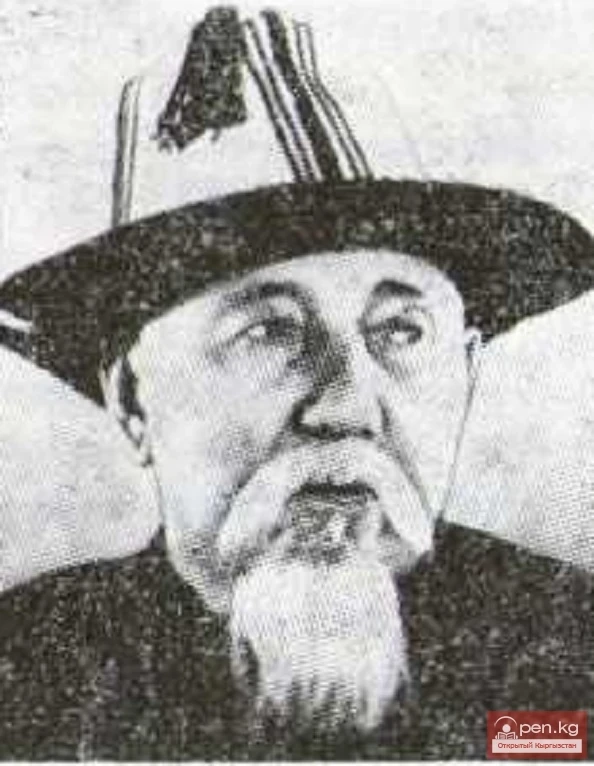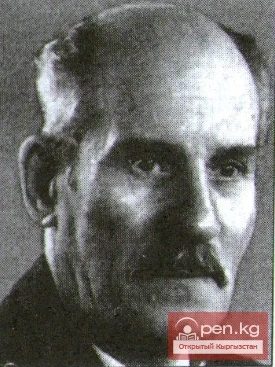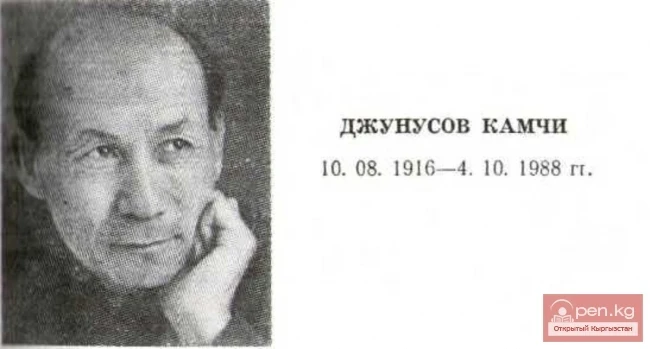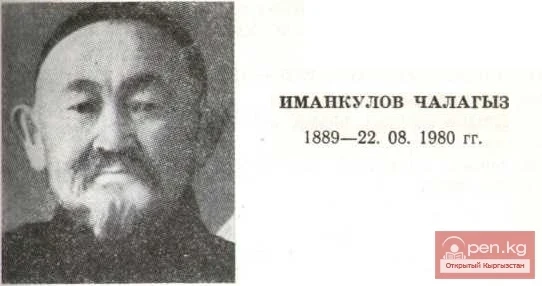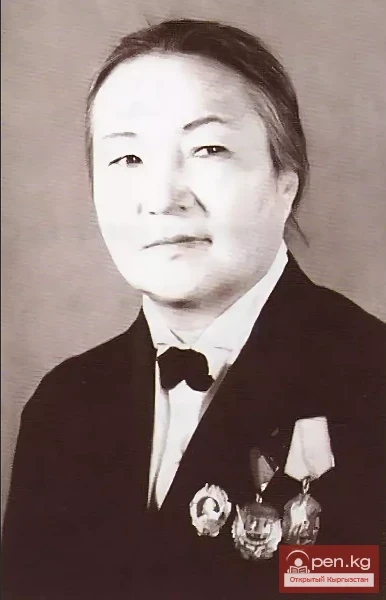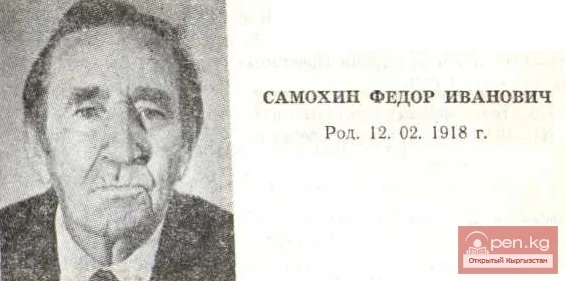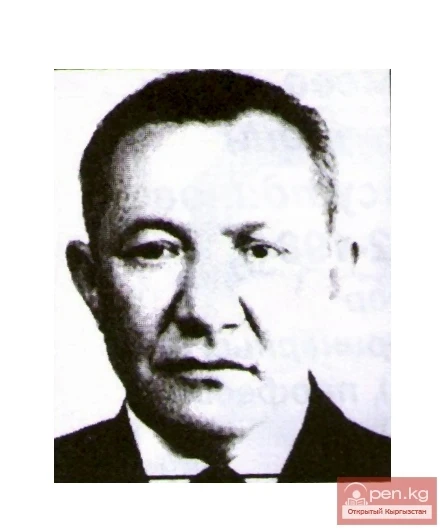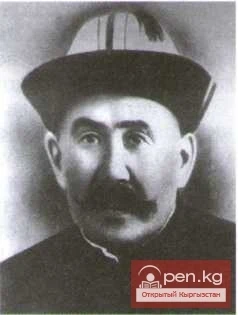 Said Bekmuratov (1901—1966) — an outstanding kyl kyakist of the 20th century. He was born in the village of Zhil-Keldi, now in the Kara-Suu district of the Osh region, into a peasant family. He began playing the kyl kyak under the guidance of his grandfather Kalymbet. Local musicians Narmat and Ashyr also had a certain influence on him.
Said Bekmuratov (1901—1966) — an outstanding kyl kyakist of the 20th century. He was born in the village of Zhil-Keldi, now in the Kara-Suu district of the Osh region, into a peasant family. He began playing the kyl kyak under the guidance of his grandfather Kalymbet. Local musicians Narmat and Ashyr also had a certain influence on him.In 1933, he started working at the Kyrgyz State Drama Theater, where in a small orchestra led by P. Shubin and D. Kovalev played Murataaly Kurunkeev, Karamoldo Orozov, Kalyk Akiev, Osmonkul Bolebalaev, Sharshen Termechikov, Adamkalyy Baibatyr, and Musa Bayetov. It was in this group that Said Bekmuratov honed his skills in solo and ensemble playing. Murataaly Kurunkeev provided invaluable assistance to Said.
In the creative legacy of S. Bekmuratov are epic and lyrical kyus for kyl kyak: "Bekarstan," "Bektash," "Jusup menen Zulaika" (the names of the heroes), "Bednyak" ("Kulpende"), "Druzhba" ("Yntymak"), "Dva druga" ("Eki dos"), and others. The musician's name is firmly associated with his popular lyrical song "Parizat" (a female name), which was movingly performed by his daughter, the People's Artist of the Republic, soloist of the opera and ballet theater and philharmonic, Salima Bekmuratova.
In 1939, for his active participation in the first Decade of Kyrgyz Art in Moscow, Said Bekmuratov was awarded the honorary title of Honored Artist of the Kyrgyz SSR. He also participated in the second Decade of Kyrgyz Art and Literature in Moscow (1958).
During the Great Patriotic War, Said Bekmuratov, along with Musa Bayetov and other musicians, performed before soldiers on the Bryansk and Kalinin fronts as part of the second patronage concert brigade.
In 1960—1964, S. Bekmuratov taught a class of kyl kyak at the Kyrgyz State Music College named after M. Kurunkeev. His students included Chalagyz Isabaev and Toltoy Murataliev, who later became Honored Artists of the Republic.
